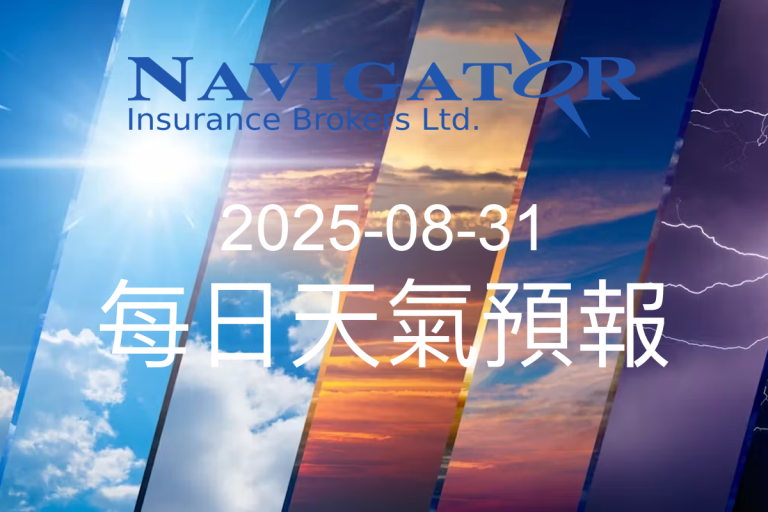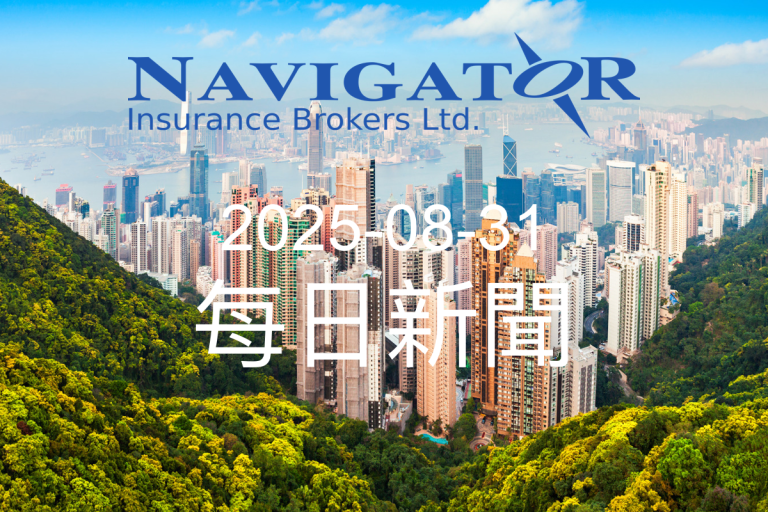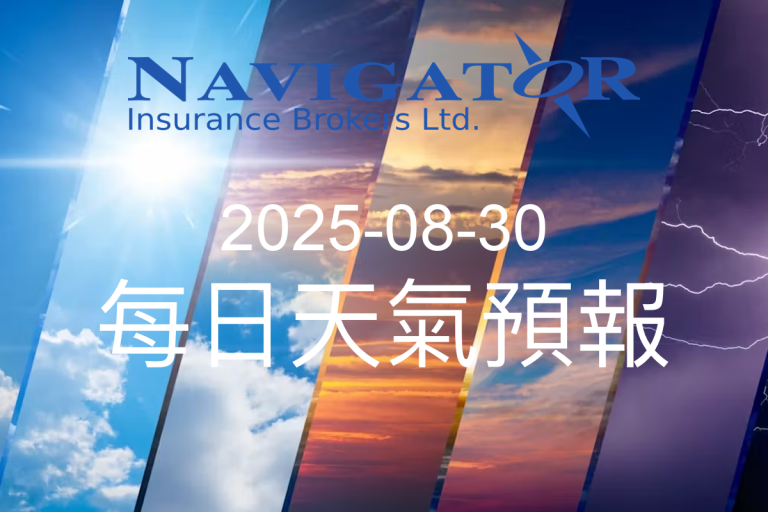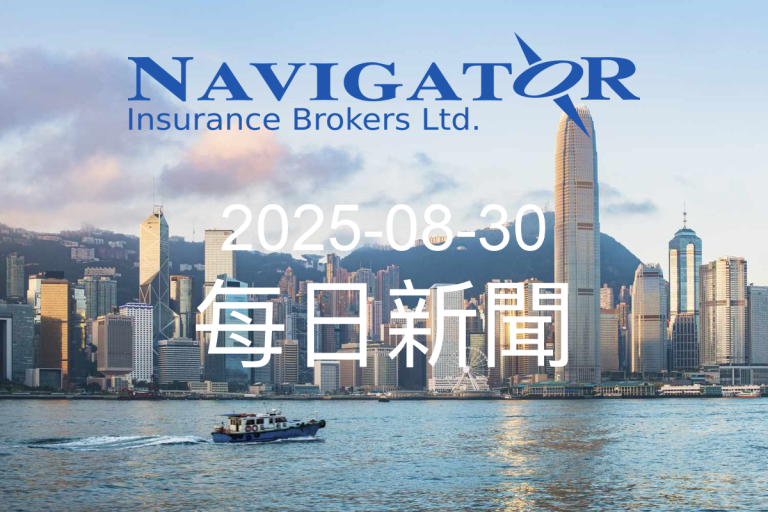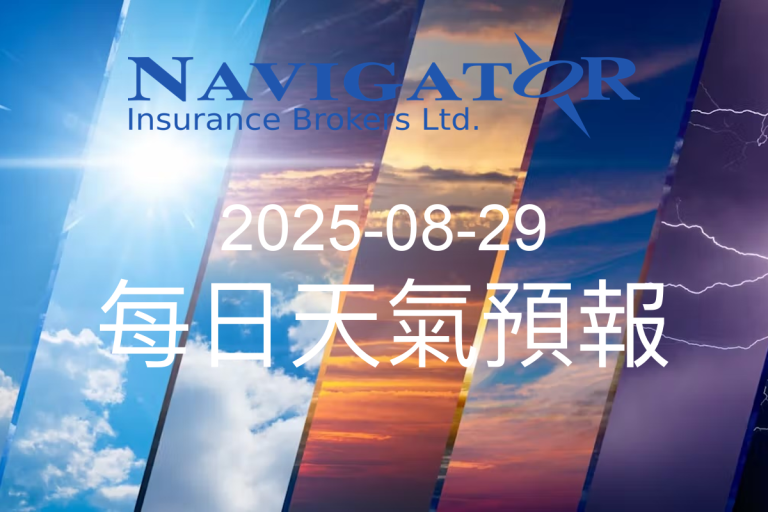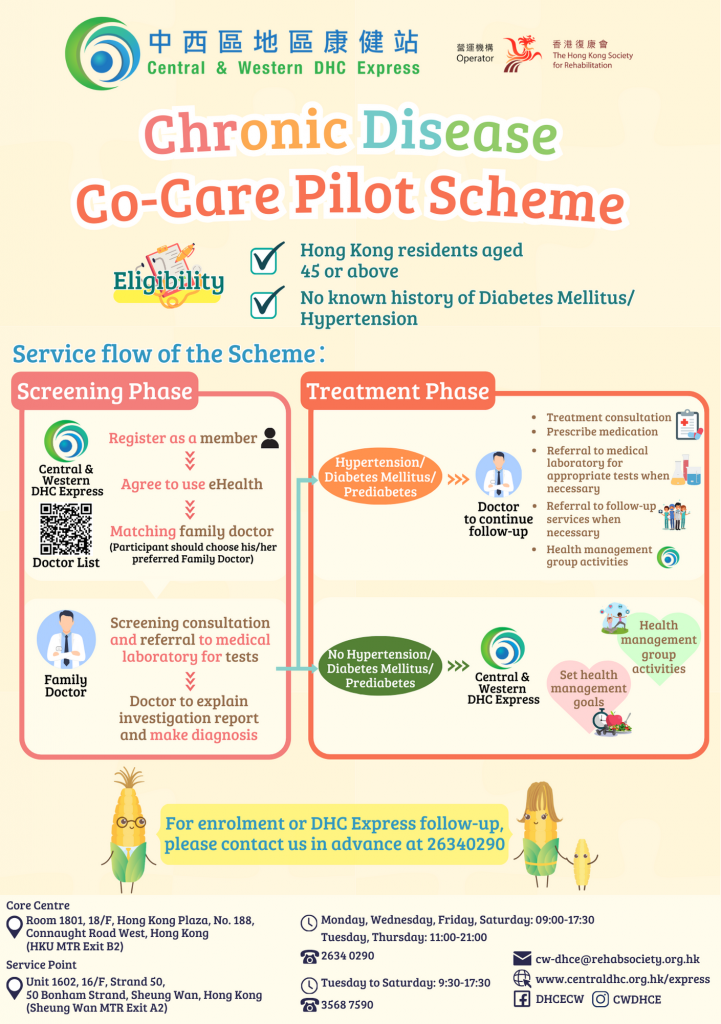Hong Kong is set to implement significant changes to traffic-related fees, affecting tunnel tolls, vehicle licensing, parking, and traffic offense penalties. These comprehensive updates reflect a strategic approach to managing urban transportation infrastructure and addressing long-standing financial and operational challenges.
The most notable changes involve tunnel tolls, which haven’t seen adjustments in decades. The Aberdeen and Shing Mun Tunnels will see their tolls increase from $5 to $8, a move justified by the remarkable fact that tolls remained unchanged for 34 years while inflation has exceeded 130%. Transportation authorities believe this modest increase will enable the tunnels to break even without significantly disrupting traffic patterns.
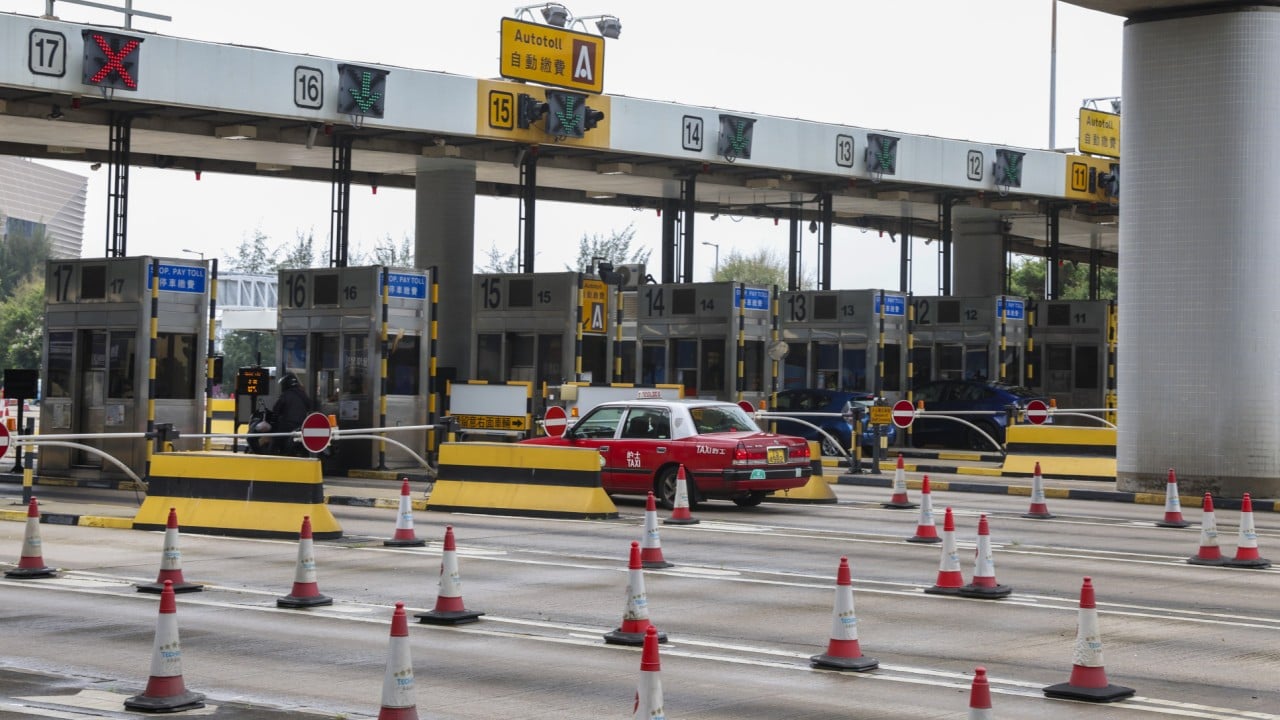
Looking ahead, the Central Kowloon Bypass, expected to be fully operational in 2026, will introduce an $8 toll designed with multiple objectives. The pricing strategy aims to manage road utilization, potentially diverting approximately 20% of traffic from congested Kowloon roads while recovering nearly 80% of basic operational costs. Importantly, the toll will be consistent across vehicle types, applying equally to private cars, commercial vehicles, and public transport.
Electric vehicle owners will experience changes in their annual licensing fees, with a new five-tier fee structure based on rated power. This nuanced approach will be phased in over six years, beginning November 1, and will initially apply to newly registered electric private cars. Existing electric vehicle owners will benefit from a four-month grace period to adapt to the new fee structure.
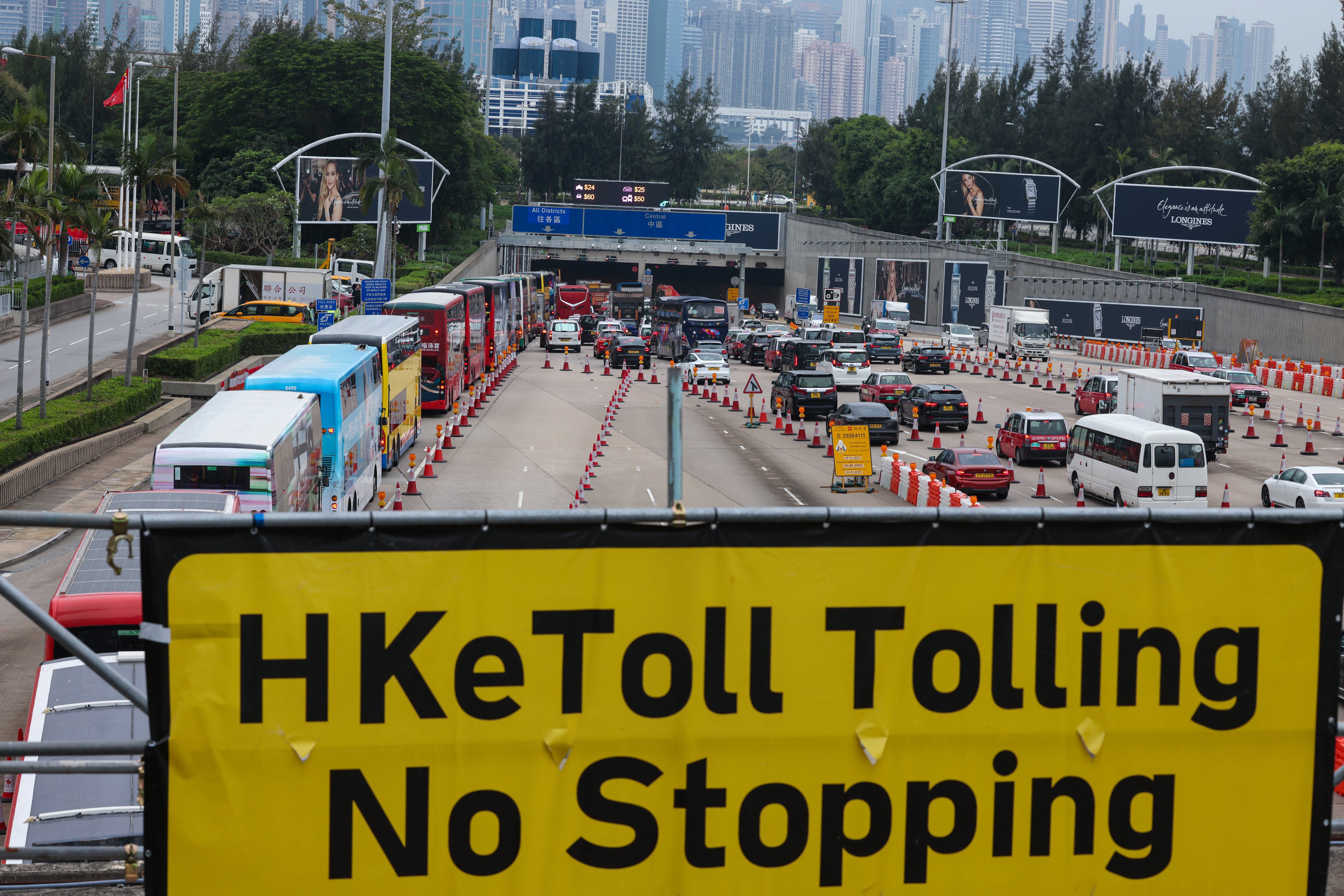
Parking management is also getting an overhaul. Metered parking fees will double from $2 to $4 per 15 minutes, effectively increasing the maximum hourly rate to $16. The primary goal is to optimize limited parking resources and encourage higher vehicle turnover, particularly for short-term parking needs. Notably, parking fees for goods vehicles, buses, and coaches will remain unchanged.
Traffic enforcement is becoming more stringent, with significant increases in fixed penalties for various offenses. Illegal parking fines will jump 25%, rising from $320 to $400. Even more substantial are the penalties for other traffic offenses, with 19 different violations seeing a 50% increase in fines, ranging from $480 to $1,500.

The implementation of these changes follows a structured legislative process. Amendments will be gazetted on July 18 and presented to the Legislative Council on July 23 for negative vetting. The Secretary for Transport & Logistics will formally move to pass resolutions concerning traffic offense penalty adjustments during the July 30 council meeting.
These comprehensive updates demonstrate a holistic approach to urban transportation management. By addressing tunnel operational deficits, encouraging electric vehicle adoption, optimizing parking usage, and strengthening traffic law enforcement, Hong Kong is proactively managing its transportation infrastructure.
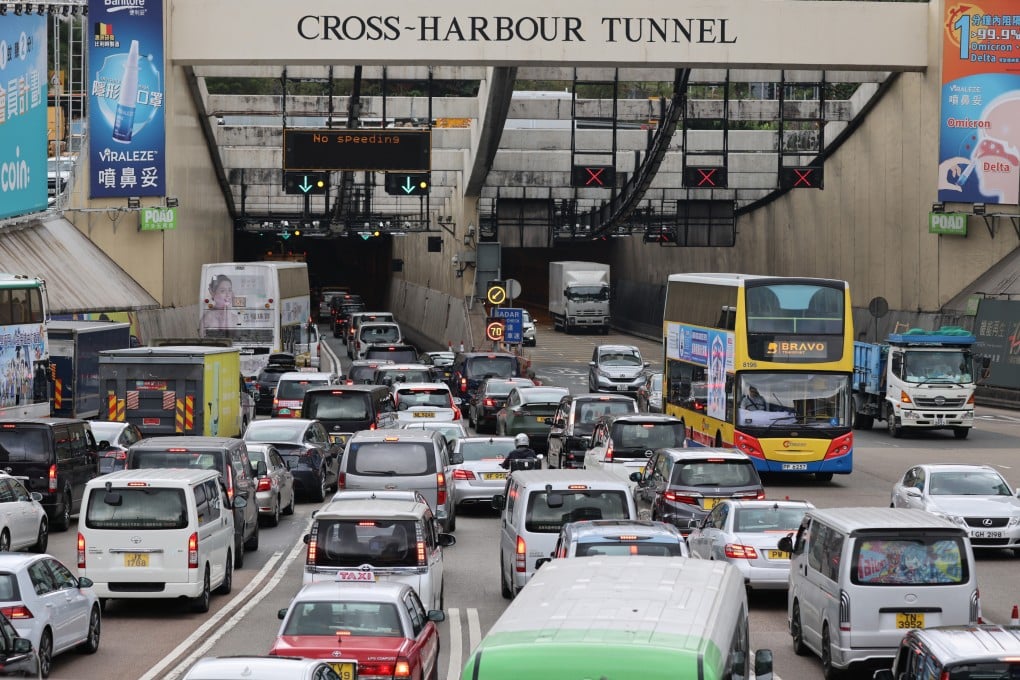
While some might view these changes as increased financial burden, they represent a calculated strategy to maintain and improve urban mobility. The measured, phased approach—with grace periods and carefully calculated fee increases—suggests a thoughtful implementation designed to minimize disruption while achieving long-term infrastructure sustainability.
Residents and visitors alike should take note of these upcoming changes, particularly those involving tunnel tolls, parking fees, and traffic penalties, to ensure compliance and smooth navigation of Hong Kong’s evolving transportation landscape.


